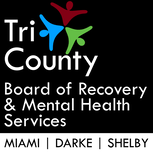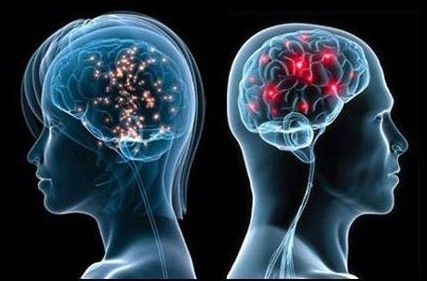About Brain Diseases
Mental illnesses are biologically based brain disorders. |
A mental illness is a physical illness, just like any other, that affects the brain. These disorders can profoundly disrupt a person's thinking, feeling, moods, ability to relate to others and capacity for coping with the demands of everyday life. Mental illness can affect persons of any age, race, religion, or income. Mental illnesses are not the result of personal weakness, lack of character, or poor upbringing.
Mental illnesses include such disorders as schizophrenia, schizo-affective disorder, bipolar disorder, major depressive disorder, obsessive-compulsive disorder, panic and other severe anxiety disorders, autism and pervasive developmental disorders, attention deficit/hyperactivity disorder, borderline personality disorder, and other severe and persistent mental illnesses that affect the brain. Brain scans can show structural and functional differences in brains that are affected by mental illness. Mental illness is real. It is not imagined and cannot be "willed" away. Mental illnesses are treatable. Most people with serious mental illness need medication to help control symptoms, but also rely on supportive counseling, self-help groups, assistance with housing, vocational rehabilitation, income assistance and other community services in order to achieve their highest level of recovery. Here are some important facts to know about mental illness and recovery:
If you or someone you know has a mental illness, seek help! Treatment and support services are available right here in our local communities to provide you with the help you need and deserve. You do not have to face this alone. There is hope - recovery is possible with proper treatment and care. |
24-Hour Crisis Hotline 800.351.7347
If you or someone you know is in crisis and needs help,
call the Tri-County CRISIS Hotline 800.351.7347 The 24-Hour Crisis Hotline serves residents of Miami, Darke, and Shelby counties in Ohio. In crisis but can't talk? Crisis Text Line Text 4Hope to 741741 Suicide and Crisis Lifeline Call or Text 988, chat at 988lifeline.org |

Tri-County Board of Recovery & Mental Health Services
1280 N. County Road 25A, Suite #1 Troy, OH 45373 937.335.7727 | FAX 937.335.8816 Email us at [email protected] M-F 8:00AM - 4:30PM. Closed federal holidays. Services provided are funded in whole or in part by your continued support of the Tri-County Mental Health Levy.
The Tri-County Board of Recovery and Mental Health Services is an Equal Opportunity Employer |
